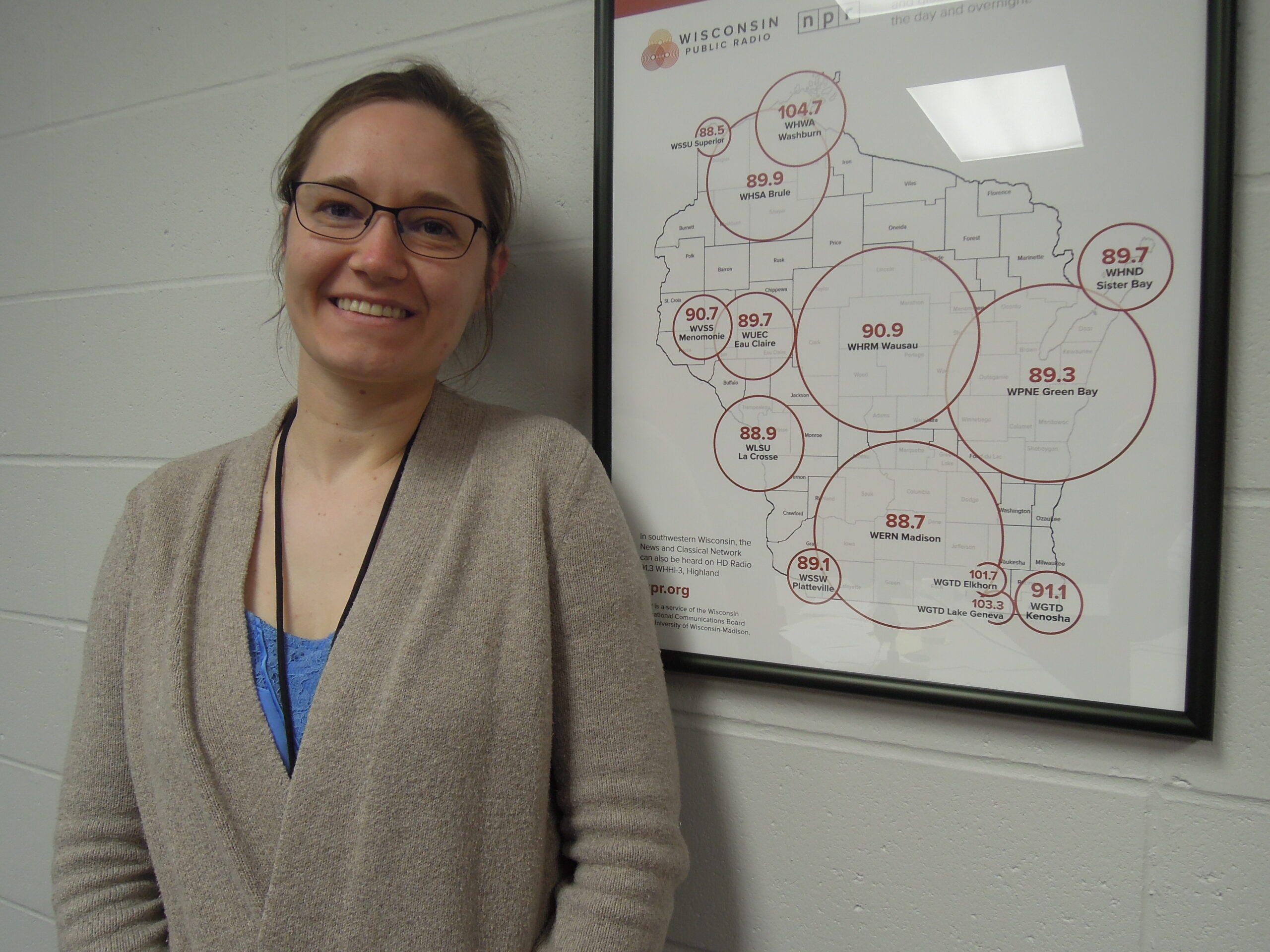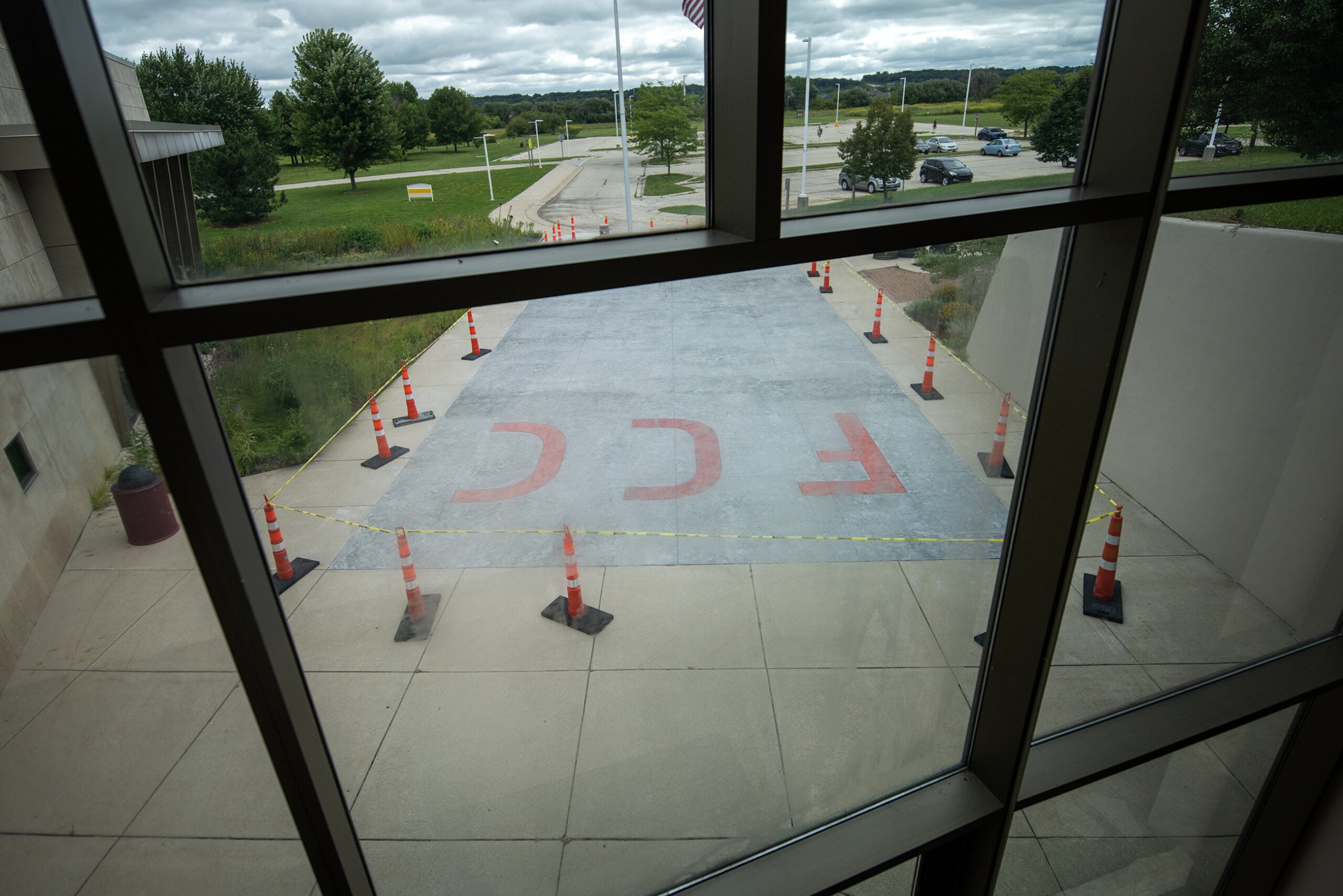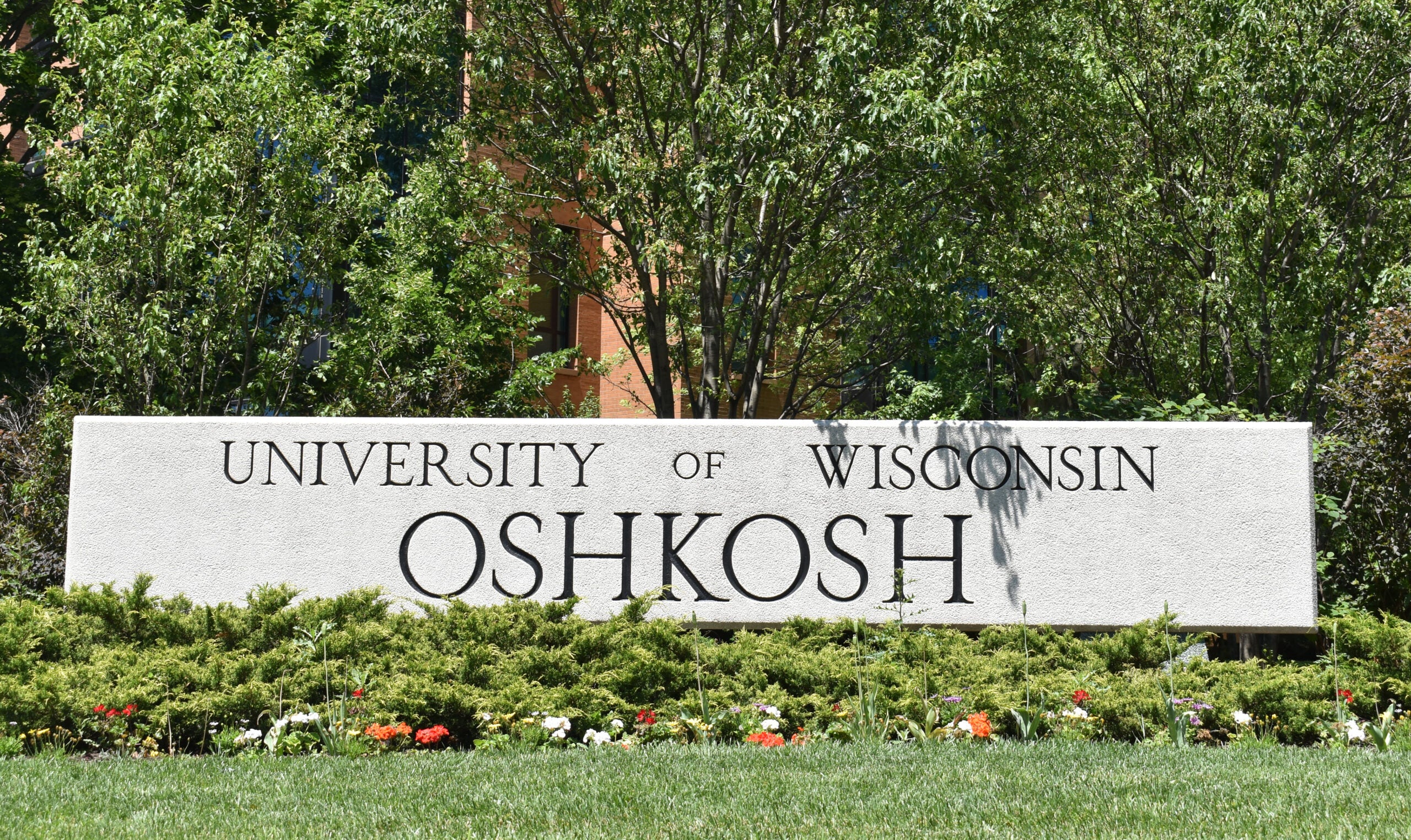A University of Wisconsin-Madison program that connects students and faculty with local governments to solve problems is going outside of the Madison area for the first time.
The UniverCity Year program will help Pepin County with issues like water quality, land use and economic development.
Pepin County borders the Mississippi River between La Crosse and Eau Claire and has about 7,200 residents.
“We’re a small county. We have limited resources. We’re not unique in the sense that our staff capacity is never enough, our funding resources are never enough to meet the needs or the aspirations that we want to see,” said Chase Cummings, Pepin County’s land conservation and planning director.
“We have some environmental issues related to our water that we have been working on for a couple of years. It’s hard to move it forward. Having the students build on what we’ve already done for research and look at it in different ways, we might get some solutions that the county staff haven’t thought of,” said Maria Nelson, who wears several hats as Pepin County emergency management director, zoning administrator and land information officer.
Pepin County’s lone city of Durand wants students and faculty to help with economic development. Nelson said the city is exploring creating a business park and increasing its investment in its downtown.
“We have a tiny village called Stockholm with 66 people, and they have a drainage channel that runs through the village off the bluffs. They want us to have students try to figure out how they can slow down the drainage,” she said.
“There’s a lot of little projects where the county doesn’t have the capacity or expertise to help our communities solve these problems,” said Nelson.
UniverCity is in its third year at UW-Madison. It’s helped or is in the process of helping the city of Monona, Dane County and Green County.
The program is roughly a three-year commitment. The first year identifies the projects classes will work on. Students do research and suggest outcomes in year two. The last year involves implementing the suggestions.
Green County, with 37,000 residents southwest of Madison, is about halfway through the project.
“I do believe it’s been a good investment. There are many good things about the students coming in and doing projects we’ve identified. They can take touchy topics that are controversial and ask questions that other community members or staff wouldn’t ask. That truly is priceless,” said Cara Carper, Green County Development Corp. executive director.
For Green County, one of those tough issues has been the consolidation of 911 service among emergency responders.
“Not only are communities getting the benefit of great project reports, great suggestions for where they can get their funding, but they’re also getting some of those especially difficult issues out in the open that can be discussed,” Carper said.
“Often you can get more done with a couple of students in the room than you’ve gotten done for years on projects,” she said.
There is potential for the program to broaden its work and work with more local governments statewide.
“A lot of issues that different localities have brought to the table are not unique to them. The things that have come up most regularly are the areas we are working on with Pepin: economic development, sustainability, land use and water quality,” said Gavin Luter, managing director of UniverCity Alliance.
“What we’re hoping to do is that as we learn more about these issues and figure out some potential solutions, we want to join coalitions of other people who are doing these kinds of projects to share with them what we’re learning,” he said.
Luter said funding comes from a mix of alumni, philanthropic, private and public-sector sources. That includes funding from the local governments who benefit from the program.
– John Davis
Episode Credits
- Hope Kirwan Host
- John Davis Producer
- Cara Carper Guest
- Maria Nelson Guest
- Chase Cummings Guest
- Gavin Luter Guest
Wisconsin Public Radio, © Copyright 2024, Board of Regents of the University of Wisconsin System and Wisconsin Educational Communications Board.


